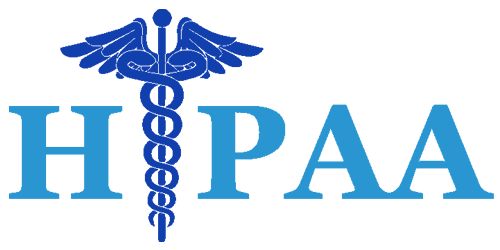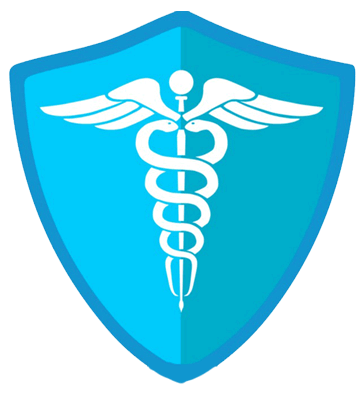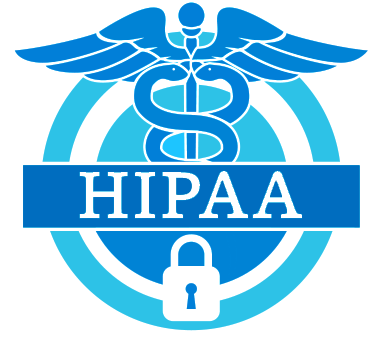HIPAA Implementation
Features
HIPAA Compliance comprises of multiple domains which need to be understood by implementation consultant. Below points are to be noted to ensure a fool proof implementation of HIPAA PHI control in any organization. This is true irrespective of whether or not the organization is in USA or any other country.
CONSUMER CONTROL OVER HEALTH INFORMATION

- Providers and health plans are required to give patients a clear written explanation of how they can use, keep, and disclose their health information
- Patients must be able to see and get copies of their records, and request amendments. In addition, a history of most disclosures must be made accessible to patients.
- Patient authorization to disclose information must meet specific requirements. Health care providers who see patients are required to obtain patient consent before sharing their information for treatment, payment, and health care operations purposes. In addition, specific patient consent must be sought and granted for non-routine uses and most non-health care purposes, such as releasing information to financial institutions determining mortgages and other loans or selling mailing lists to interested parties such as life insurers. Patients have the right to request restrictions on the uses and disclosures of their information.
- Providers and health plans generally cannot condition treatment on a patient's agreement to disclose health information for non-routine uses.
- People have the right to complain to a covered provider or health plan, or to the Secretary, about violations of the provisions of this rule or the policies and procedures of the covered entity.






